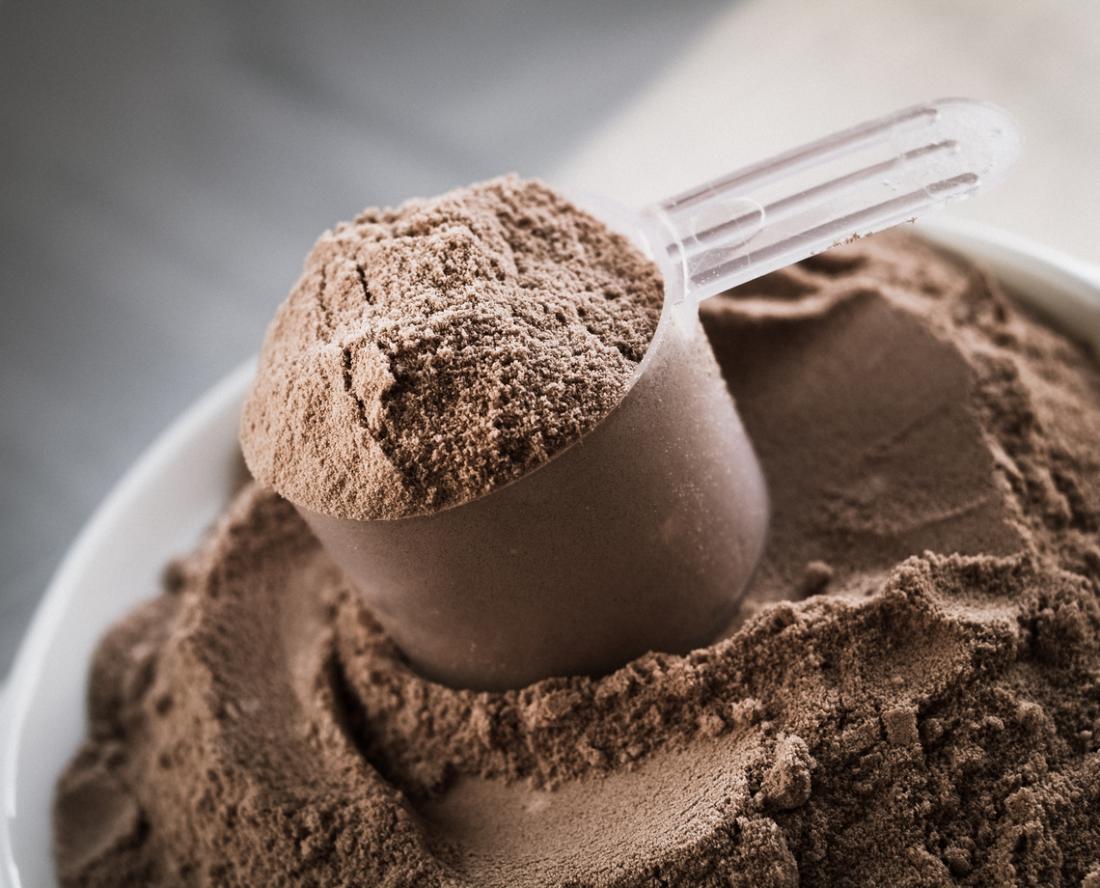We include products we think are useful for our readers. If you buy through links on this page, we may earn a small commission. Here’s our process.
Medical News Today only shows you brands and products that we stand behind.
Our team thoroughly researches and evaluates the recommendations we make on our site. To establish that the product manufacturers addressed safety and efficacy standards, we:- Evaluate ingredients and composition: Do they have the potential to cause harm?
- Fact-check all health claims: Do they align with the current body of scientific evidence?
- Assess the brand: Does it operate with integrity and adhere to industry best practices?
Whey protein is a supplement that some people use alongside resistance exercise to help boost muscle protein synthesis and the growth of lean muscle mass. Other possible benefits include helping with weight loss and lowering cholesterol.
Milk is made of two proteins, casein and whey. Whey protein can be separated from the casein in milk or formed as a by-product of cheese making. Whey protein is considered a complete protein as it contains all 9 essential amino acids. It is low in lactose content.
There are many benefits associated with the consumption of whey protein, and researchers are constantly finding new possible therapeutic properties. Here, we explain what the benefits might be, and look at some of the side effects and potential risks.
Fast facts on whey protein:
- Many of the potential benefits are based on single studies and more evidence is required before making definitive judgment.
- Whey protein is a mixture of beta-lactoglobulin, alpha lactalbumin, bovine serum albumin, and immunoglobins.
- Possible benefits include weight loss and lowering cholesterol.
- Possible dangers include nausea and headaches, but at moderate doses, whey protein is not considered dangerous.

Whey protein, pictured here, is used for many things including muscle building and weight loss.
Aiding weight loss: In one study of 158 people, published in
Anti-cancer properties: Promising results were published in the journal
Lowering cholesterol: A study, published in
Asthma: Whey protein could improve the immune response in children with asthma. One small study involving 11 children, published in the
Blood pressure and cardiovascular disease: Research published in the International Dairy Journal found that beverages that were supplemented with whey protein significantly reduced blood pressure in patients with hypertension; their risk of developing heart disease or stroke was also lower.
Reducing weight loss in people with HIV: A study published in the journal Clinical and Investigative Medicine found that whey protein may help reduce weight loss among HIV-positive patients.

Dangers of whey protein include stomach pains and cramps when consumed at high doses.
Some people who are allergic to milk may be specifically allergic to whey. In moderate doses, whey protein does not typically cause any adverse events. However, consuming very high doses can cause:
- stomach pains
- cramps
- reduced appetite
- nausea
- headache
- fatigue
Consistent high doses of whey protein may also cause acne. From a nutritional point of view, whey protein is very unusual and does not have a natural equivalent.
Some people believe that there are risks from nutritionally refined foods such as these, because, although they contain a lot of nutrients, the balance is heavily tipped towards protein.
There are three primary types of whey protein; whey protein concentrate (WPC), whey protein isolate (WPI), and whey protein hydrolysate (WPH).
Let’s look at each of these in turn:
- Whey protein concentrate – WPC contains low levels of fat and low levels of carbohydrates. The percentage of protein in WPC depends on how concentrated it is. Lower end concentrates tend to have 30 percent protein and higher end up to 90 percent.
- Whey protein isolate – WPIs are further processed to remove all the fat and lactose. WPI is usually at least 90 percent protein.
- Whey protein hydrolysate – WPH is considered to be the “predigested” form of whey protein as it has already undergone partial hydrolysis – a process necessary for the body to absorb protein. WPH doesn’t require as much digestion as the other two forms of whey protein.
Also, WPH is commonly used in medical protein supplements and infant formulas because of it’s improved digestibility and reduced allergen potential.
Whey protein supplementation along with resistance exercise can help improve muscle protein synthesis and promote the growth of lean tissue mass.
A study published in the International Journal of Sport Nutrition and Exercise Metabolism concluded that “whey protein supplementation during resistance training offers some benefit compared to resistance training alone.” In addition, “males who supplemented with whey protein had a greater relative gain in lean tissue mass.”
Much better gains in strength are associated with whey isolate supplementation compared with casein.
This was demonstrated in another study published in the International Journal of Sport Nutrition and Exercise Metabolism, which concluded that in “two groups of matched, resistance-trained males whey isolate provided significantly greater gains in strength, lean body mass, and a decrease in fat mass compared with supplementation with casein during an intense 10-week resistance-training program.”
If you want to buy whey isolate supplementation, then there is an excellent selection online with thousands of customer reviews.
